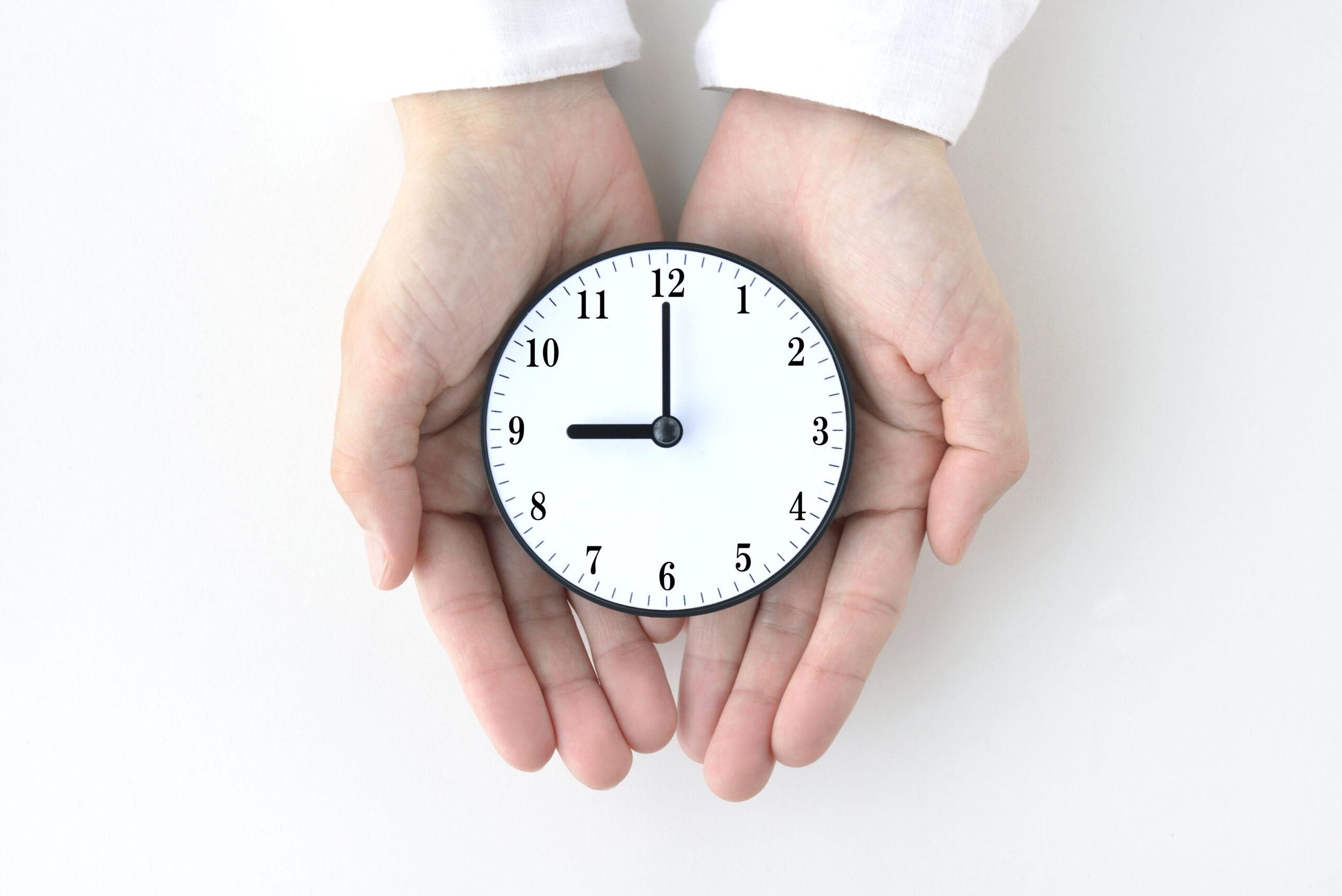What to do when your child becomes unwell outside of usual GP hours
Every parent knows the scenario: it’s late in the evening, a weekend, or a bank holiday, and your child suddenly becomes unwell. A fever spikes, a rash appears, or a cough worsens just as GP surgeries are closed. At these times, it can be difficult to know what to do, but staying calm and taking a few structured steps can make a real difference. Here are some tips and advice from the team at Childhealthy:

Assess your child calmly
The first step is to evaluate your child’s symptoms carefully. Check their temperature, breathing, alertness, and hydration. Take note of any rashes, unusual behaviour, or changes in mood. Keeping a record of when symptoms began and how they progress will be valuable if you need to contact a healthcare professional later.
Reassuring your child and maintaining a calm environment is important. Children often pick up on parental stress, so a composed approach can help both of you feel more in control.
Provide comfort care where appropriate
For many common illnesses, supportive care at home can help your child feel more comfortable while you monitor their condition. Some steps include:
- Medication: Paracetamol or ibuprofen can help manage fever or discomfort. Always follow age and weight guidance.
- Fluids: Encourage regular sips of water or oral rehydration solutions to prevent dehydration.
- Rest: A calm, quiet environment and light clothing can help your child recover more comfortably.
If you are unsure about dosages or suitable remedies, a pharmacist or trusted healthcare professional can advise.
Recognising any red flags
While many illnesses can be managed at home temporarily, certain symptoms require immediate attention. Call 999 or go directly to A&E if your child experiences:
- Difficulty breathing or noisy breathing
- Extreme drowsiness or unresponsiveness
- A seizure or convulsion
- A spreading rash that does not fade under pressure
- Severe or persistent pain
- Signs of dehydration, such as very little urine or a dry mouth
Trust your instincts. If you feel something is seriously wrong, it is safer to seek urgent help immediately.
Use NHS 111 for guidance
For non-urgent concerns outside normal GP hours, NHS 111 provides advice and support over the phone or online. They can guide you on whether home care is appropriate, or whether to attend an out-of-hours GP or urgent care centre. Be ready to describe your child’s symptoms clearly, including timing, duration, and any accompanying signs.
While waits may occur during busy periods, NHS 111 is an important resource for parents managing illnesses at inconvenient times.
Annual subscription packages for peace of mind
For families who want faster access to a paediatrician and ongoing support, Childhealthy offers annual health subscriptions. These packages provide same-day appointments, professional guidance, and reassurance, even outside standard office hours.
Illness rarely happens at convenient times. By staying calm, assessing your child’s condition, providing safe comfort care, and recognising urgent symptoms, parents can manage many situations at home. NHS 111 is a useful resource outside normal GP hours, and for additional reassurance, Childhealthy’s subscription packages offer private paediatric support whenever you need it.
Disclaimer: the information provided in this article is for educational purposes only and should not replace medical advice. Always consult with a healthcare professional for personalised guidance and treatment.
Related articles
Book your appointment
Clinic, remote appointments and home visits are available daily.
We can always find a time to suit you, so please do ask if you are having difficulty finding a suitable time.




